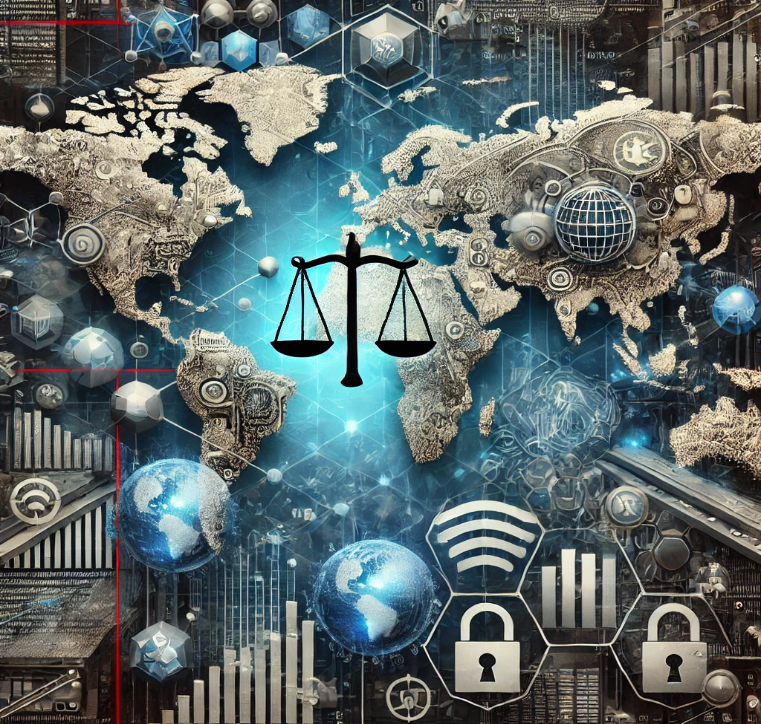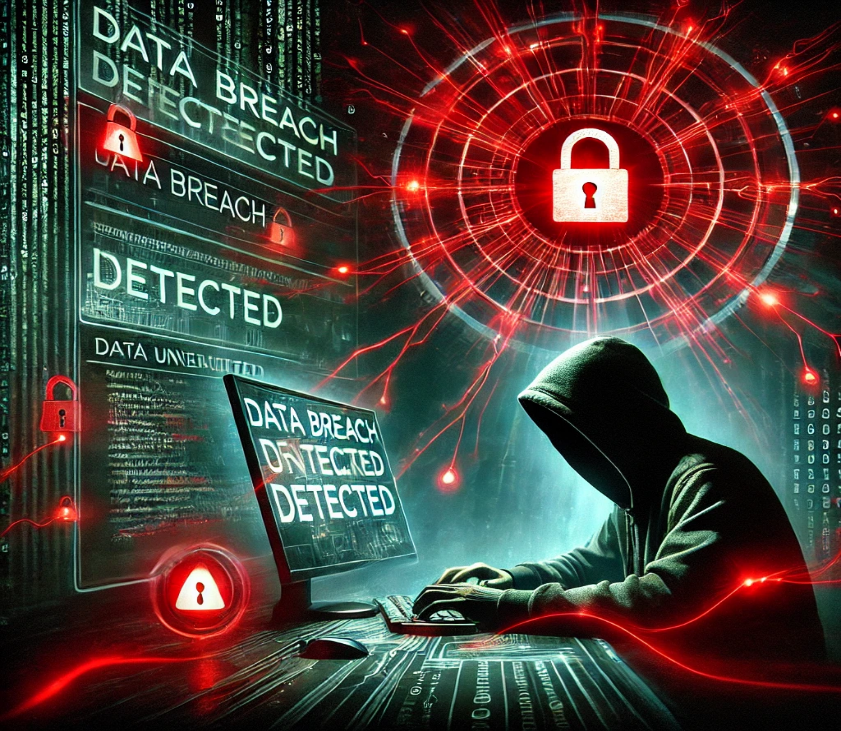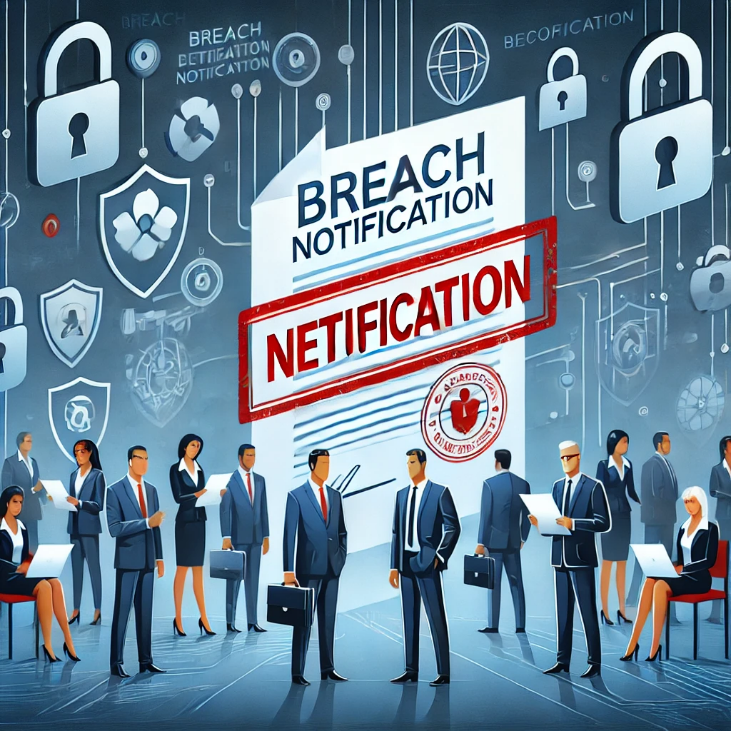How do laws vary globally in handling cybersecurity breaches?

How do laws vary globally in handling cybersecurity breaches?
by Maximilian 10:28am Feb 01, 2025

Laws governing cybersecurity breaches vary significantly across the globe, reflecting differences in legal systems, priorities, and levels of technological advancement. These variations impact how nations address issues such as data breaches, cyberattacks, and penalties for offenders. Below are key areas where these differences are evident:
1. Definition of Cybersecurity Breaches
Broad Definitions: Some countries have comprehensive definitions of cybersecurity breaches, covering unauthorized access, data theft, ransomware, and denial-of-service attacks (e.g., the U.S. Computer Fraud and Abuse Act).
Narrow Definitions: Others may focus only on specific crimes, such as data breaches or intellectual property theft, leaving gaps in addressing newer attack types.

2. Data Protection Laws
Strict Frameworks:
European Union: The General Data Protection Regulation (GDPR) mandates strict data protection and breach notification requirements, with fines up to €20 million or 4% of annual global turnover.
Brazil: The Lei Geral de Proteção de Dados (LGPD) mirrors GDPR principles but adapts them to the Brazilian context.
Patchwork Laws:
United States: Data breach laws vary by state, with California’s CCPA and CPRA offering more stringent protections than other states.
India: Lacks comprehensive legislation, but the pending Digital Personal Data Protection Act aims to address this.
3. Breach Notification Requirements
Timelines:
EU: GDPR requires reporting within 72 hours of detection.
Australia: The Notifiable Data Breaches scheme under the Privacy Act 1988 mandates notification as soon as practicable.
China: The Personal Information Protection Law (PIPL) requires timely notification but doesn’t define a specific timeframe.
No Requirements:
Some countries, especially those without robust cybersecurity laws, have no mandatory breach notification protocols.

4. Cybercrime Penalties
Severe Penalties:
Singapore: Under the Computer Misuse Act, penalties include fines and up to 10 years in prison for unauthorized system access.
South Korea: The Personal Information Protection Act imposes heavy fines and potential imprisonment for data breaches.
Lenient Penalties:
In some developing nations, penalties for cybercrime are either minimal or rarely enforced due to lack of resources or awareness.
5. Liability and Accountability
Corporate Accountability:
GDPR and similar laws hold organizations directly accountable for breaches, requiring robust safeguards.
Individual Accountability:
Many countries focus on prosecuting individual hackers but may not emphasize corporate liability, especially in jurisdictions with weak data protection laws.
6. Cross-Border Jurisdiction Challenges
International Cooperation:
Countries part of the Budapest Convention on Cybercrime collaborate on investigations and prosecution of cybercriminals across borders.
Jurisdictional Gaps:
Some nations lack extradition treaties or frameworks for handling international cybercrime, creating safe havens for offenders.

7. Emerging Trends
AI and IoT Regulation:
Some nations, like the EU, are introducing regulations for AI and Internet of Things (IoT) cybersecurity to address emerging threats.
Mandatory Incident Reporting:
Countries like the U.S. are implementing critical infrastructure reporting requirements, such as the Cyber Incident Reporting for Critical Infrastructure Act (CIRCIA).
Conclusion
Global cybersecurity laws are a patchwork of approaches influenced by local priorities, resources, and political will. While some regions, like the EU, set high standards for data protection and breach accountability, others lag in creating comprehensive frameworks. These disparities underscore the need for greater international harmonization and cooperation to effectively combat cyber threats in an increasingly interconnected world.






